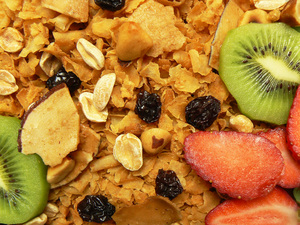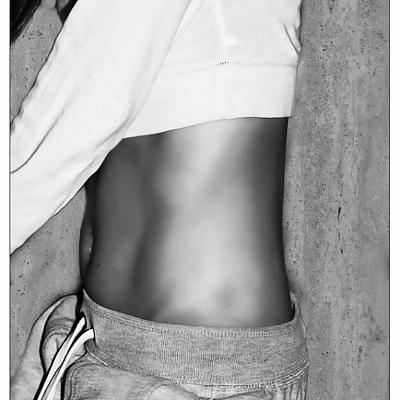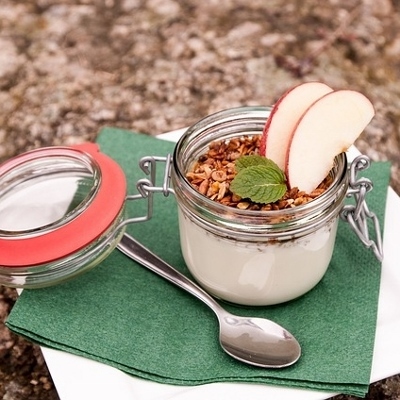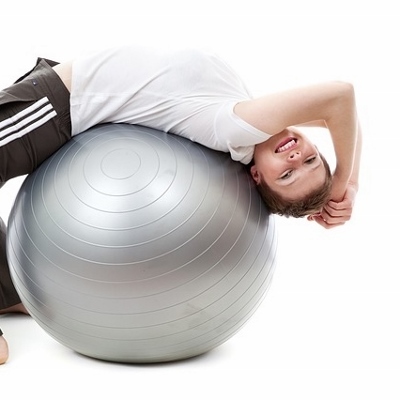 Many people ask about what’s best to eat before a workout. Perhaps the equally (and some may even argue more) important question, which seems to be addressed less frequently is, what should we eat after a workout?
Many people ask about what’s best to eat before a workout. Perhaps the equally (and some may even argue more) important question, which seems to be addressed less frequently is, what should we eat after a workout?
When exercising, your body turns to its glycogen stores as its primary, most efficient source of fuel. These glycogen stores are in both the liver and muscles throughout the body. Two and a half hours of high intensity exercise without refueling can completely deplete liver and muscle glycogen stores.
Though most people don’t exercise for such a duration, it doesn’t mean that we can’t also suffer from depleted glycogen stores; high intensity aerobic exercise that lasts for just one hour depletes more than 50% of the glycogen stores in one’s liver (assuming the stores were full to begin with). Successive days of training without proper recovery (in the form of refueling with food) can gradually lead to empty glycogen stores, which result in decreased performance; your body just can’t run efficiently without glycogen during exercise.
What’s the best way to replenish your glycogen stores after a workout? Timing is key. Some people don’t like to eat directly after a workout, but eating within 15-20 minutes of a workout actually accelerates rates of glycogen storage by a whopping 300%. Conversely, eating two hours post-exercise reduces glycogen synthesis by about 50%. Yikes! Why? Two hours after exercise, your body no longer processes the food as recovery fuel, and the energy will most likely be stored in some other form (e.g. fats). Recovery is impaired, which could contribute to one’s soreness on the following day.
What should you eat? Ideally, one would consume a blend of carbohydrates (to refill your glycogen stores) and proteins (to repair your muscles). It has been said that chocolate milk has the “golden ratio” of carbohydrates and proteins; however, it’s most important to simply get something into your system as soon as possible. After workouts, eating foods with a high glycemic index (i.e. sugary foods or drinks, which are usually a no-no) is several times better than eating nothing at all. Exact needs depend on workout length and one’s body weight, among other factors. If you have to take time to prepare a meal, to shower, or to drive back home or to the office, it is easy to miss the essential time-frame.
Tip: Before every workout, plan out a quick snack that you will be able to consume when you’re done exercising, no matter what.
Workout well, refuel well, recover well. Repeat.





